KUALA LUMPUR, Malaysia—Brazil has issued a stark warning that any US military intervention in Venezuela could trigger widespread unrest and political radicalization across South America. The concern comes as the US escalates its naval presence and strikes in the Caribbean, and as Brazilian President Luiz Inácio Lula da Silva prepares for a possible, yet unconfirmed, meeting with President Donald Trump this weekend.
Thank you for reading this post, don't forget to subscribe!Celso Amorim, a former foreign minister and key foreign policy aide to President Lula, told AFP that Brazil is deeply worried about the tense military standoff between Washington and Caracas.
‘A Threat of Outside Intervention’
Amorim expressed strong disapproval of the US naval forces destroying vessels off Venezuela’s coast, a military operation that Washington claims is targeting drug smugglers.
“Brazil is clearly worried about the threat of the use of force or the threat of covert methods like those of the CIA to topple governments in the region. We do not want upheaval in our region,” Amorim stated.
He called the attacks, which have reportedly killed at least 43 people, “a threat of outside intervention,” noting, “I do not know if they were drug traffickers but there is no evidence that they were. It is very dangerous.”
Opposition to Regime Change
Brazil’s opposition to any US action aimed at overthrowing Venezuelan President Nicolás Maduro is absolute. Amorim warned that foreign intervention would have profound consequences for the continent.
“Brazil is clearly opposed to outside intervention. The issue of who governs Venezuela is only for the Venezuelan people to decide. We cannot accept an outside intervention because it will trigger immense resentment. For Brazil and Colombia, it could create specific problems involving refugees. It could inflame South America and lead to radicalisation of politics on the whole continent.”
Lula-Trump Meeting Focus
Lula and Trump may meet Sunday on the sidelines of the Association of Southeast Asian Nations (ASEAN) summit in Kuala Lumpur, Malaysia.
While regional tensions are on Brazil’s mind, the meeting is primarily expected to focus on trade, specifically the 50 percent tariffs Trump imposed on Brazilian imports. These punitive tariffs were ostensibly a response to Brazil’s prosecution of Trump’s ally, former right-wing president Jair Bolsonaro, who was recently sentenced to 27 years in prison for plotting a coup.
When asked if Lula would address the strikes with Trump, Amorim said it would depend on the flow of the discussion: “That depends on how the conversation develops, if there is receptivity on this issue.”
Despite the recent political tensions, Amorim believes the resumption of dialogue stems from “common sense on both sides,” with both leaders aiming to maintain a positive conversation and seek agreement on economic and trade issues.
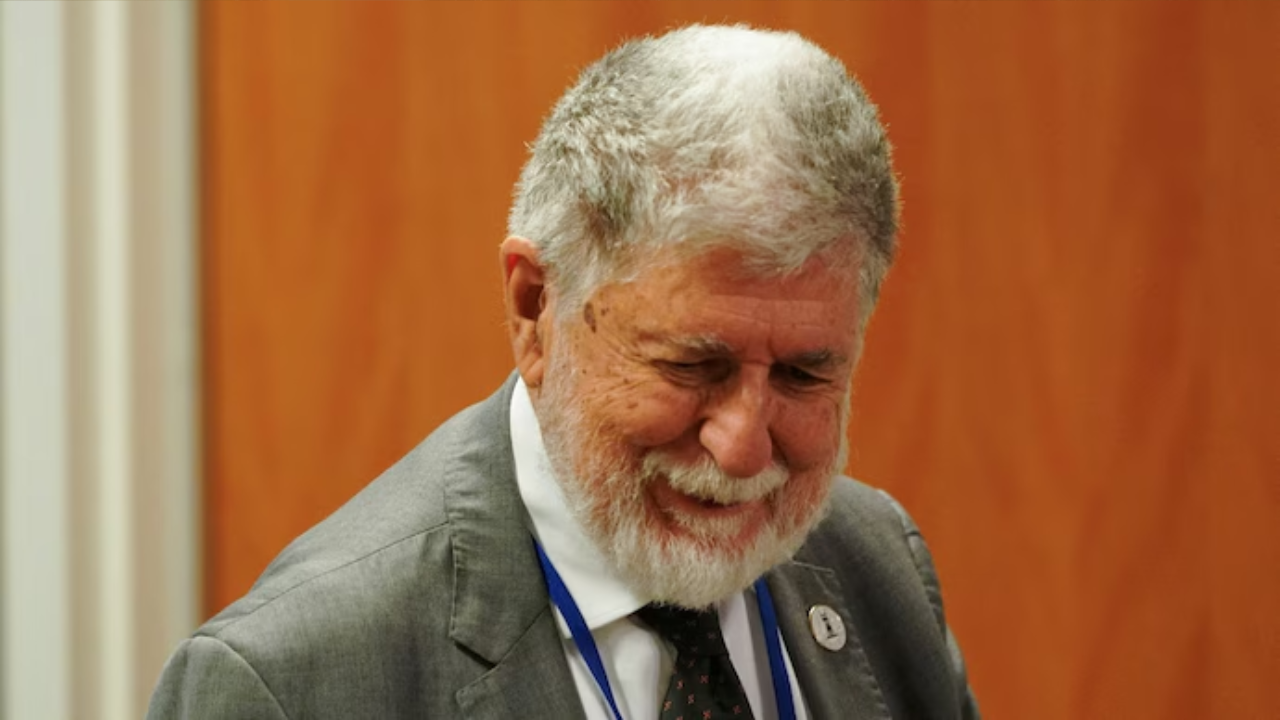

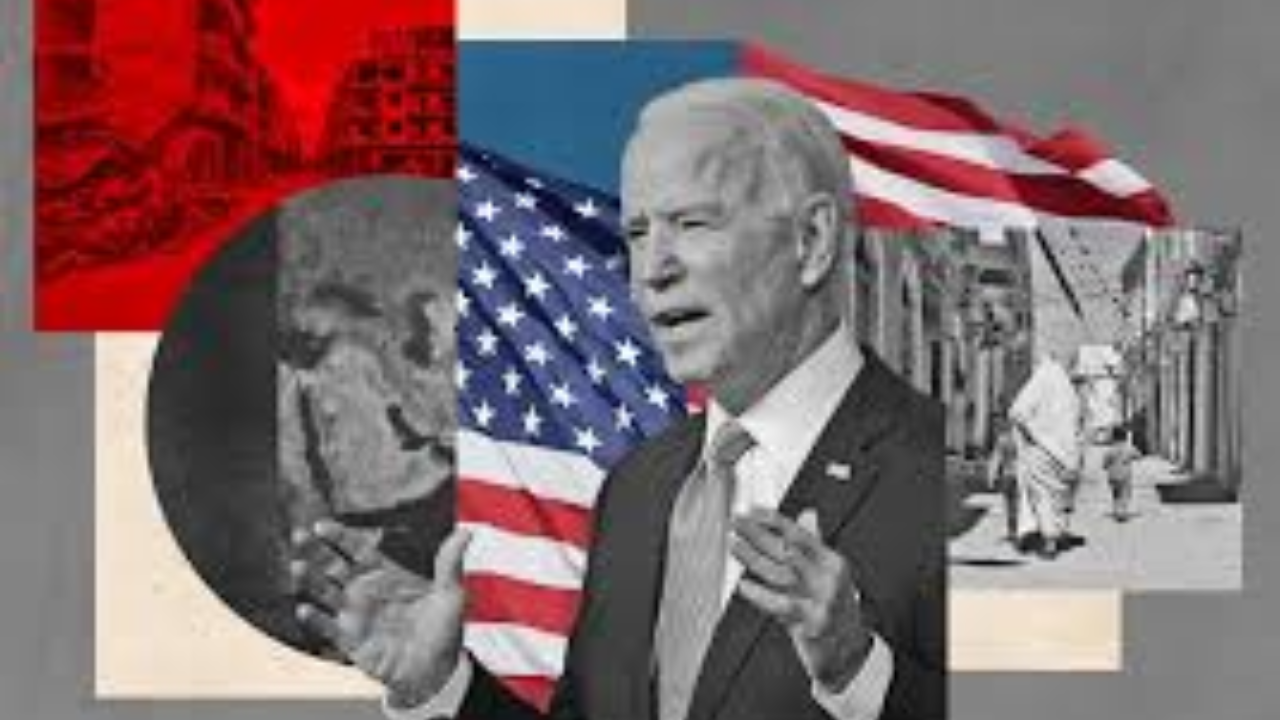

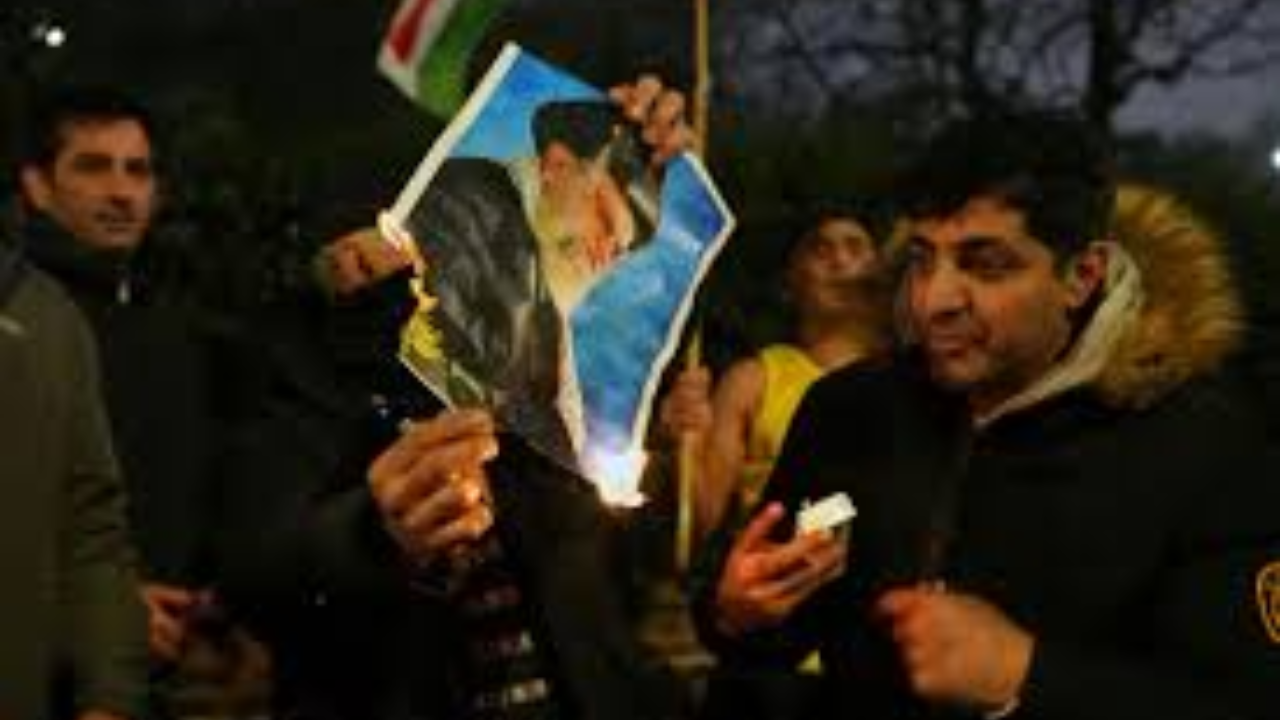
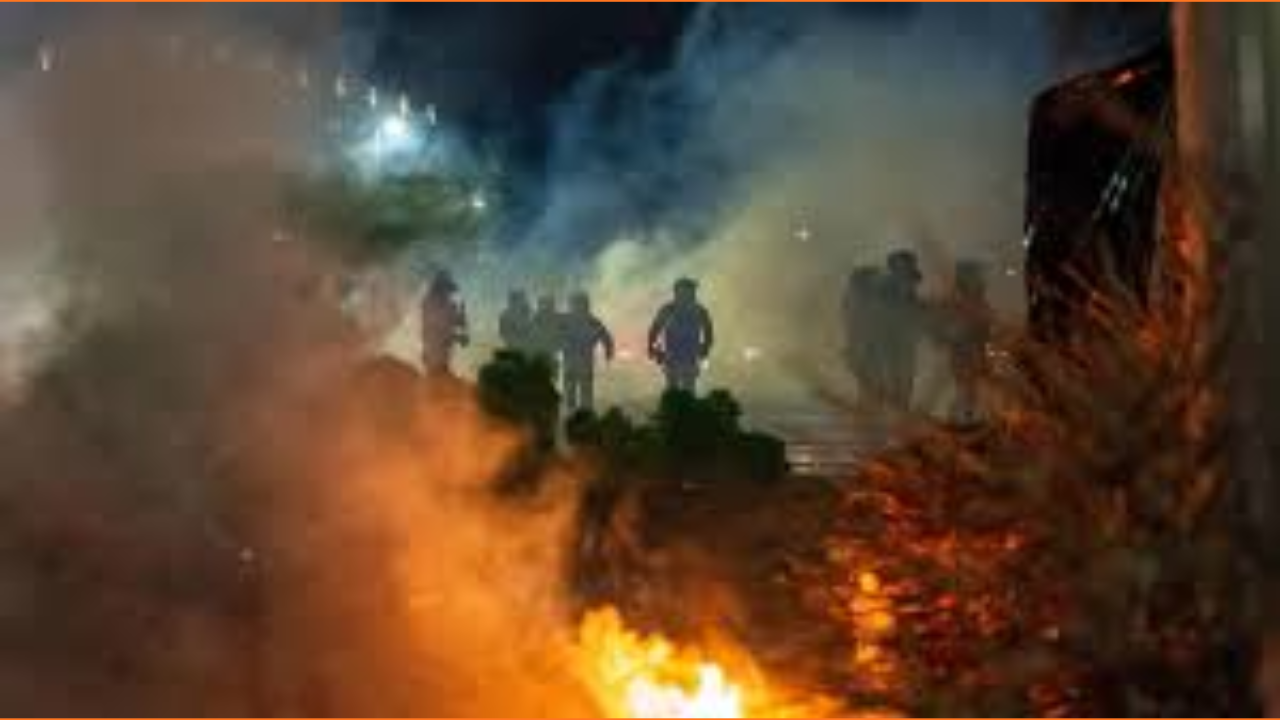
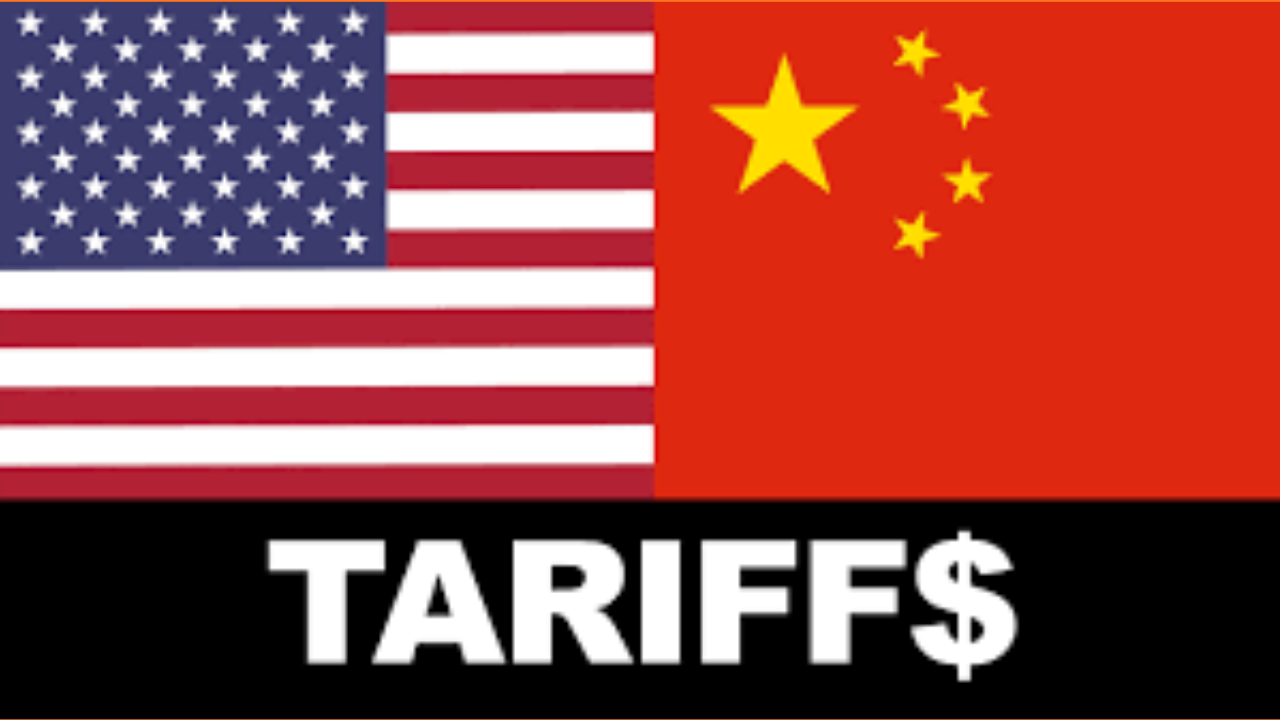






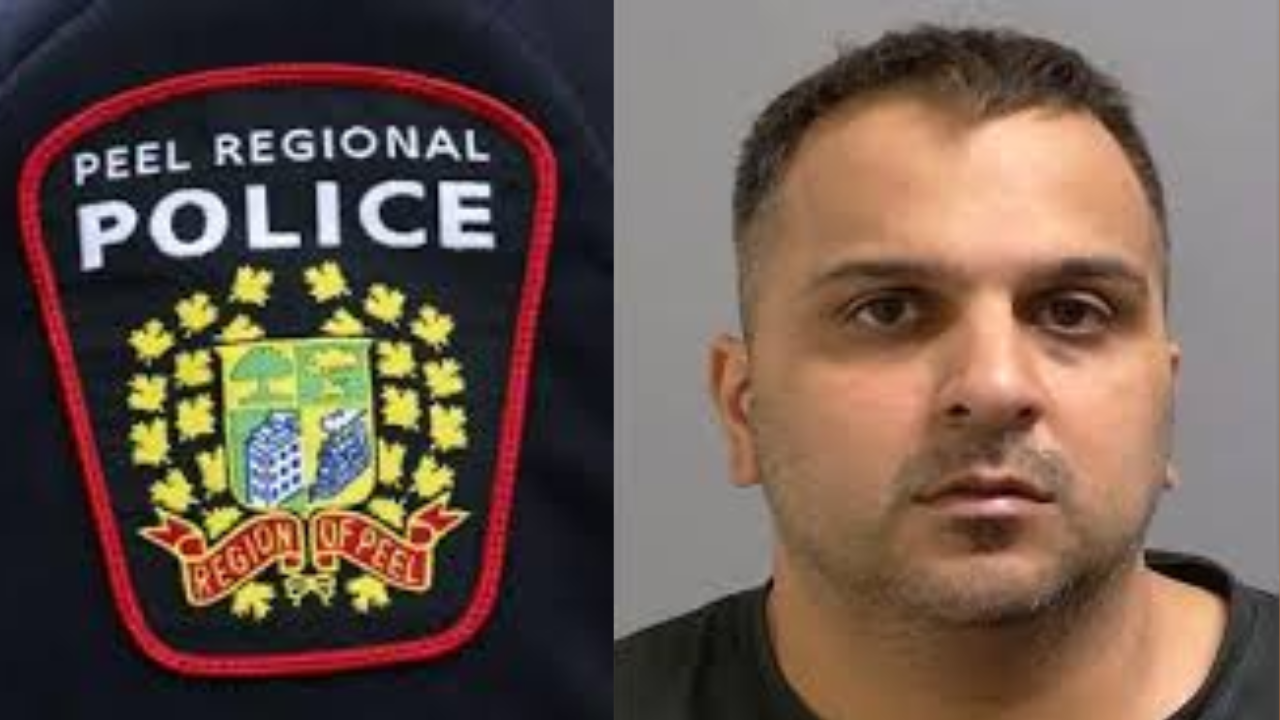
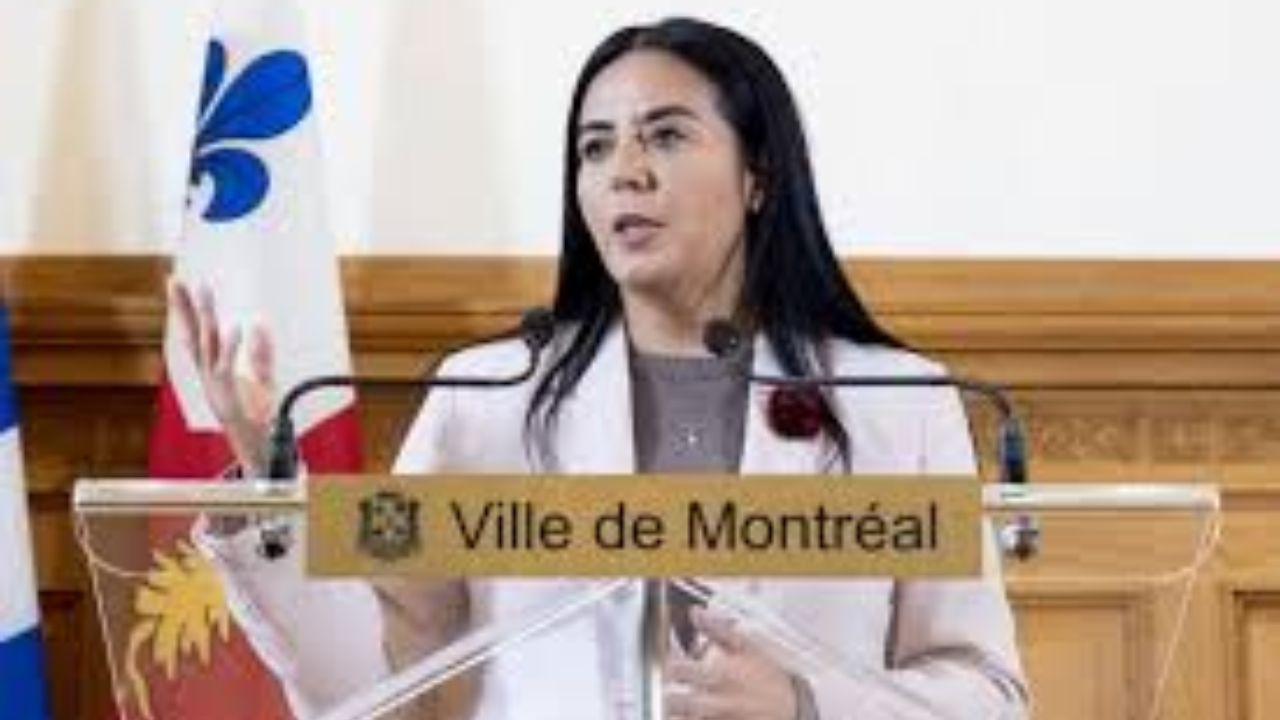

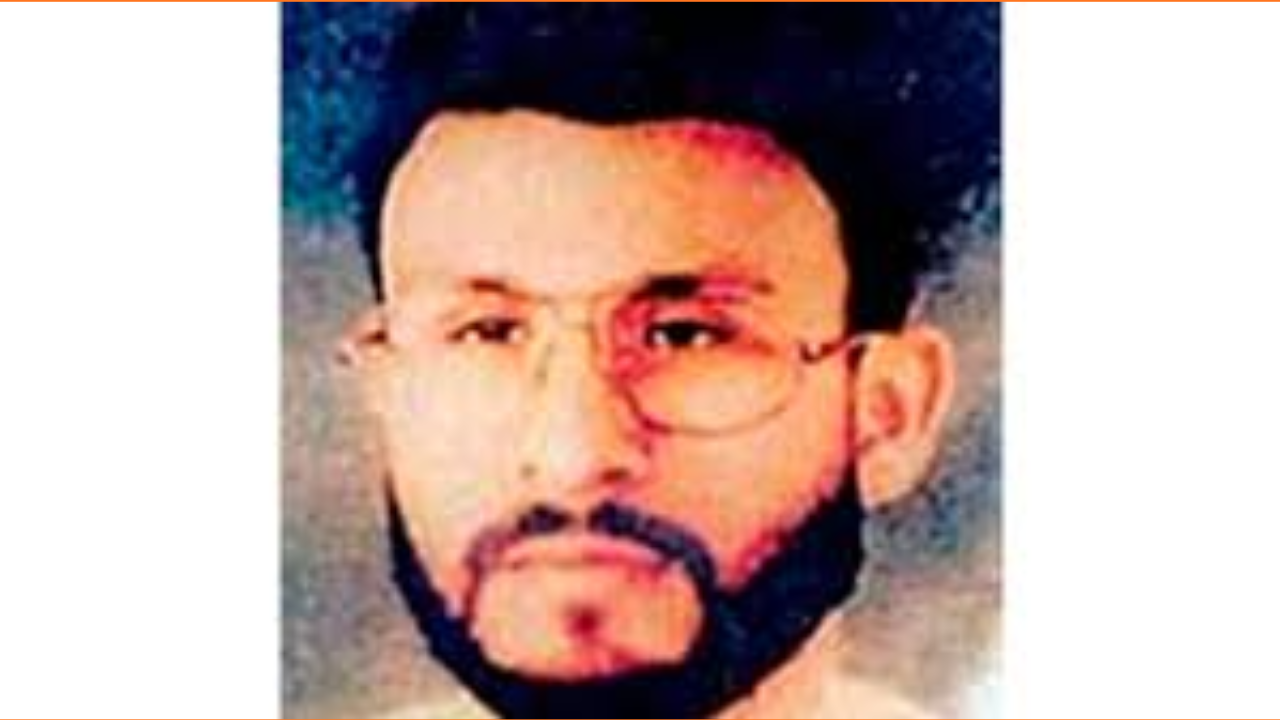

Great V I should certainly pronounce, impressed with your web site. I had no trouble navigating through all the tabs as well as related information ended up being truly easy to do to access. I recently found what I hoped for before you know it at all. Quite unusual. Is likely to appreciate it for those who add forums or anything, web site theme . a tones way for your customer to communicate. Nice task..
Hey there! I know this is kind of off topic but I was wondering if you knew where I could locate a captcha plugin for my comment form? I’m using the same blog platform as yours and I’m having difficulty finding one? Thanks a lot!
Good – I should definitely pronounce, impressed with your website. I had no trouble navigating through all tabs and related info ended up being truly simple to do to access. I recently found what I hoped for before you know it in the least. Reasonably unusual. Is likely to appreciate it for those who add forums or something, site theme . a tones way for your customer to communicate. Excellent task.
I think this site has very good indited articles posts.
hello there and thanks in your info – I’ve certainly picked up something new from proper here. I did on the other hand experience a few technical issues the use of this website, as I experienced to reload the site lots of occasions prior to I may just get it to load correctly. I were thinking about if your hosting is OK? No longer that I am complaining, but slow loading instances occasions will very frequently have an effect on your placement in google and can damage your quality ranking if advertising and ***********|advertising|advertising|advertising and *********** with Adwords. Anyway I am adding this RSS to my email and could glance out for much extra of your respective interesting content. Make sure you replace this again soon..
I have recently started a blog, the information you provide on this site has helped me tremendously. Thank you for all of your time & work.
I cling on to listening to the rumor speak about getting free online grant applications so I have been looking around for the best site to get one. Could you advise me please, where could i acquire some?
I have been reading out many of your posts and it’s pretty nice stuff. I will definitely bookmark your site.
I got what you intend, regards for posting.Woh I am lucky to find this website through google. “Success is dependent on effort.” by Sophocles.
You actually make it appear so easy along with your presentation but I in finding this topic to be really one thing that I think I would by no means understand. It seems too complex and extremely huge for me. I am taking a look ahead for your next publish, I will attempt to get the cling of it!
Hey there just wanted to give you a quick heads up. The words in your post seem to be running off the screen in Safari. I’m not sure if this is a formatting issue or something to do with browser compatibility but I thought I’d post to let you know. The design look great though! Hope you get the issue resolved soon. Kudos
Hi there! I just want to give an enormous thumbs up for the nice data you might have right here on this post. I shall be coming back to your weblog for more soon.
Thanks